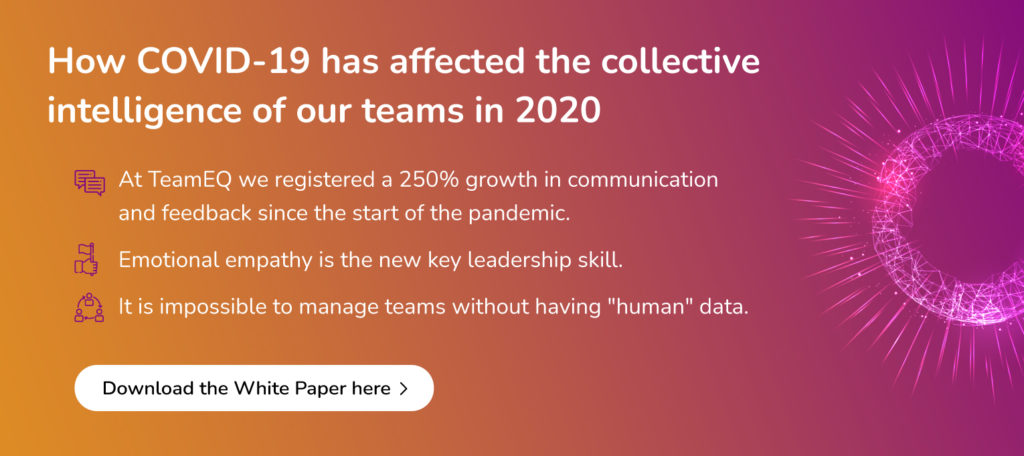Is the “new normal” really so “new”? How we can learn from the lessons of lockdown
We have learnt a lot about ourselves, and our colleagues, over the last few months.
We’ve had to step up to new challenges, confront new organizational paradigms and provide even more support to our teams, both professionally and psychologically. Covid-19 has forced us to re-assess some fundamental aspects about the way we work and the way we relate to each other. But, as we begin to see the light at the end of the tunnel, are we in danger of forgetting some of the positive things we may have learnt?
Many of us are confronting the new reality with mixed feelings. There is optimism that we may be able to soon return to a more stable and familiar reality. But, there’s also a sense of loss and feelings of doubt. The absence of a sensation of relief is the rule rather than the exception, even among leaders who have managed to overcome the worst of the crisis.
Paradoxically, when we are forced to pull together and confront a difficult moment, some unexpectedly positive things can happen. In many organizations, the sense of urgency has caused a survival mechanism to kick-in, which has led to positive outcomes like quicker decision-making, more efficient meetings and more honest, open and frequent communication. For many, the freedom to organize our days and work from home, alongside more informal and authentic team interactions have been a welcome change from previous experiences of working.
Perhaps, in future, our teams will actually miss the profound feelings of significance and community that they experienced during the lockdown. Therefore, we should start thinking now about how we can sustain these new ways of working and maintain the urgency and intimacy of the crisis, while successfully mitigating its negative consequences. It would be a lost opportunity if we reverted back to the 9-to-5 days that seemed to condition the way we worked before. It’s time to make sure that the “new normal” really is “new”.
Finding the tools to help us tackle ‘the recovery phase’
One thing that needs to be clear to everyone is that this ‘crisis’ is not finished. It has just moved to a new phase. Our teams are returning to a more uncertain world, both psychologically and economically. In some senses, they are experiencing the feelings of loss and de-motivation that are a normal part of the recovery from traumatic experiences. Now, more than ever, it is vital that leaders have a true insight into the situation of their team on both an individual and collective level. Monitoring their well-being and being able to react quickly to any issues that arise will help us to emerge stronger during the next phase of the crisis.
The most agile and successful organizations will see this moment as an opportunity to continue the cultural transformation of their business towards ways of working built on continuous listening, active feedback and real-time data. Putting the well-being of teams first will help to give them a head start in terms of business success in this new era.
Now, it’s up to you: revert to normal? Or learn the lessons and make the new normal, really “new”?
Find out how TeamEQ can help to enhance the well-being of your teams and support the cultural transformation of your teams by taking a demo today.
Ph: Unsplash




